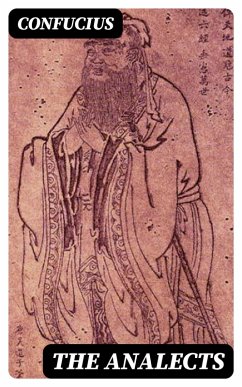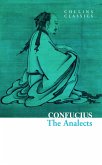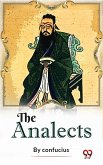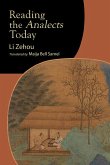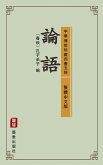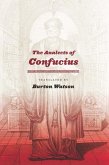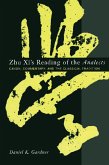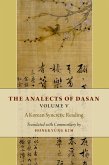The Analects, written by the esteemed Chinese philosopher Confucius, is a collection of his teachings and thoughts on ethics, social relationships, and governance. Presented in a series of dialogues and aphorisms, this classic work exemplifies Confucius' literary style of concise and profound wisdom. The book provides insight into Confucianism, a key philosophical and ethical system in Chinese culture. The Analects explore the importance of moral values, filial piety, and the cultivation of personal virtues in creating a harmonious society. The text is a cornerstone of Chinese literature and continues to influence thinkers and leaders worldwide. Confucius' emphasis on self-cultivation and social harmony resonates with readers seeking guidance on ethical living and moral principles.
Dieser Download kann aus rechtlichen Gründen nur mit Rechnungsadresse in A, B, BG, CY, CZ, D, DK, EW, E, FIN, F, GR, H, IRL, I, LT, L, LR, M, NL, PL, P, R, S, SLO, SK ausgeliefert werden.

